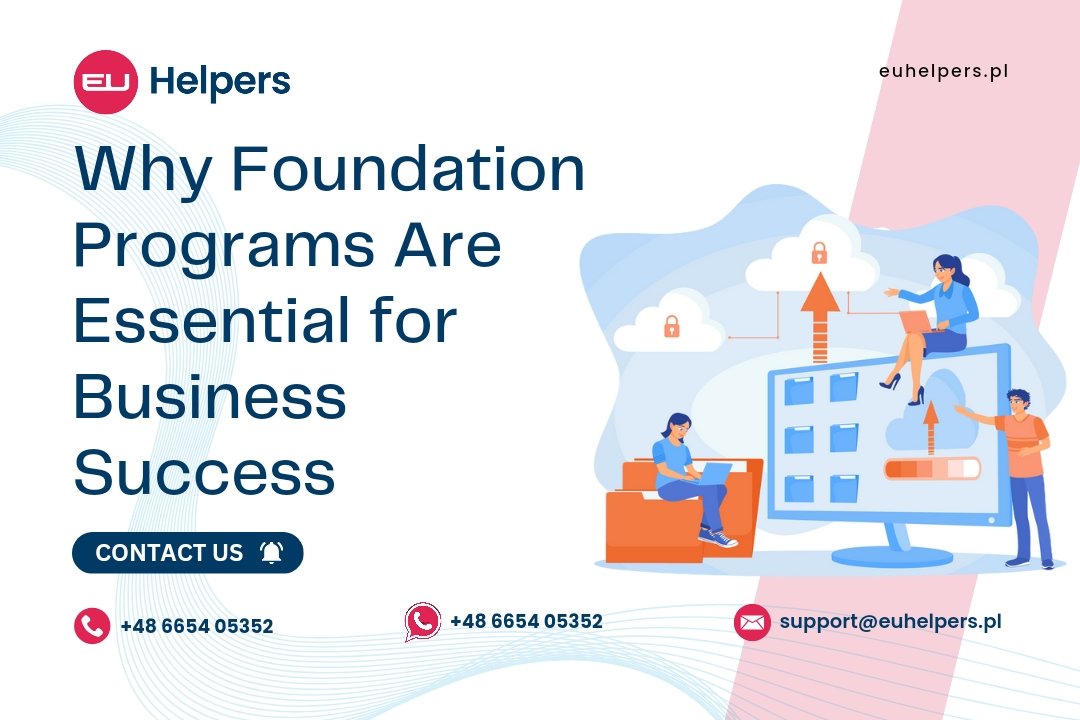
Starting a career in business can often seem like a daunting task. Many students have a clear idea of the direction they wish to pursue in their studies but find themselves lacking the foundational knowledge needed to support their ambitions. Foundation and bridging courses serve as effective entry points into the world of business, offering essential preparation.
Both foundation programs and bridging courses aim to prepare students for higher education or to bridge the gap between their current education level and the requirements of a higher-level program. Although similar in their purpose, they cater to different needs and have distinct characteristics.
Foundation Program:
A foundation program is typically designed for students who do not meet the entry requirements for direct admission into a bachelor's degree program. This program is often intended for students who have completed their secondary education (high school) but lack the necessary academic qualifications or background to enter a degree program directly.
Foundation programs cover fundamental subjects related to the chosen field of study and may include academic skills such as research, critical thinking, essay writing, and study techniques. Successful completion of a foundation course usually qualifies students to progress to the full degree program.
Bridging Course:
A bridging course is designed to "bridge the gap" between a student's existing knowledge and skills and the requirements of a specific higher-level program. These courses can vary widely in duration and content and may not necessarily lead to a degree program. They might focus on a particular skill set, subject area, or even test preparation. For instance, a bridging course might help students improve their mathematics skills before entering a more advanced math-intensive program.
In summary, a foundation program is typically a preparatory course for entry into an undergraduate degree, while a bridging course aims to fill knowledge or skill gaps in various educational contexts. However, the terminology and usage of these terms may vary across different educational systems or institutions.
For example, EU Business Schools offer one-semester (13-week) Business Bridging Program that provides high school students with the knowledge required to succeed in their three-year bachelor's programs. This program strengthens their academic, communication, and business English skills while studying management and economics. Additionally, EU Business Schools offer one-semester English Foundation program for those needing to improve their English language proficiency before starting their chosen degree course.
